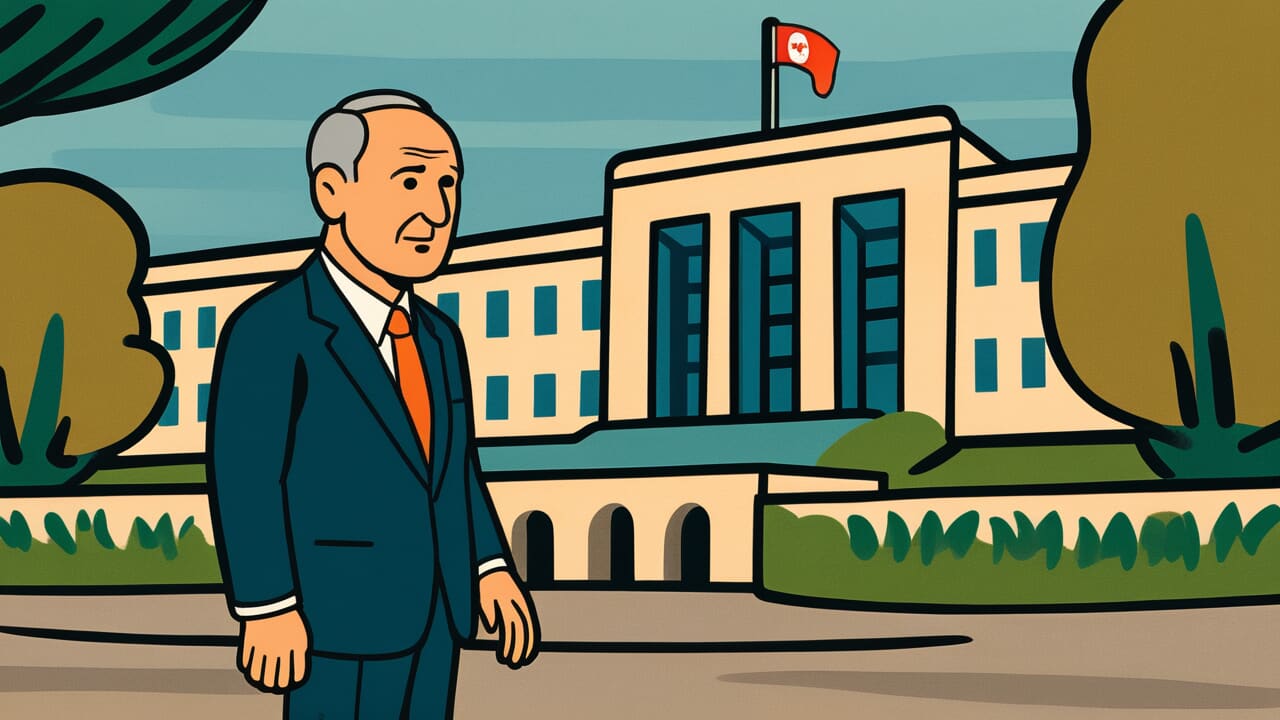[Disclaimer] This article is reconstructed based on information from external sources. Please verify the original source before referring to this content.
News Summary
The following content was published online. A translated summary is presented below. See the source for details.
In August 2025, Australian Prime Minister Anthony Albanese announced the expulsion of Iran’s ambassador and the severance of diplomatic ties with Tehran following intelligence reports implicating Iran’s Revolutionary Guard in antisemitic attacks on Jewish sites in Australia. The attacks, which occurred in late 2024, targeted a kosher restaurant in Sydney and a synagogue in Melbourne. Albanese cited findings from the Australian Security Intelligence Organization (ASIO) that linked Iran’s government to these incidents. In response, Australia has raised its travel advisory for Iran to “Do not travel” and plans to list Iran’s Revolutionary Guard as a terrorist organization. This marks a significant deterioration in Australia-Iran relations, ending Australia’s long-standing diplomatic presence in Iran. The move comes amid ongoing tensions between Iran and Israel, with recent military conflicts further straining international relations in the region.
Source: Australian PM Media Centre
Our Commentary
Background and Context

The deterioration of Australia-Iran relations comes against a backdrop of escalating global tensions involving Iran. The Islamic Revolutionary Guard Corps (IRGC), a powerful paramilitary organization within Iran, has been a subject of international concern due to its involvement in various regional conflicts and alleged support for terrorist activities. The attacks on Jewish sites in Australia represent a significant escalation, bringing the conflict to Australian soil and prompting a robust diplomatic response.
Expert Analysis
The Australian government’s decision to sever diplomatic ties with Iran marks a dramatic shift in its foreign policy approach. This move aligns Australia more closely with nations that have taken a hard stance against Iran’s activities, particularly those of the IRGC. The involvement of the IRGC in attacks on foreign soil demonstrates the organization’s global reach and the challenges it poses to international security.
Key points:
- Australia’s expulsion of Iran’s ambassador signals a zero-tolerance policy for state-sponsored terrorism on its soil.
- The decision to list the IRGC as a terrorist organization follows similar actions by other countries, potentially leading to increased international pressure on Iran.
- The attacks on Jewish sites in Australia highlight the global nature of antisemitism and the need for coordinated international responses.
Additional Data and Fact Reinforcement
Recent developments and verified information include:
- Anthony Albanese secured a renewed term as Prime Minister in May 2025, maintaining continuity in Australia’s leadership during this crisis.
- The IRGC’s structure remains largely unchanged since April 2024, maintaining its significant autonomy within Iran’s power structure.
- The kosher restaurant FIVEFIVEFOUR in Sydney, one of the targets, continues to operate at its location as of July 2025.
Related News
This incident occurs against a backdrop of heightened military conflict between Iran and Israel, including large-scale Israeli attacks on Iranian nuclear and military sites in June 2025. These events have further strained international relations in the Middle East and beyond, with potential implications for global security and diplomacy.
Summary

The Australian government’s decisive action against Iran represents a significant shift in international relations and highlights the growing concerns over Iran’s global activities. This incident underscores the need for vigilance against state-sponsored terrorism and the importance of international cooperation in addressing such threats.


